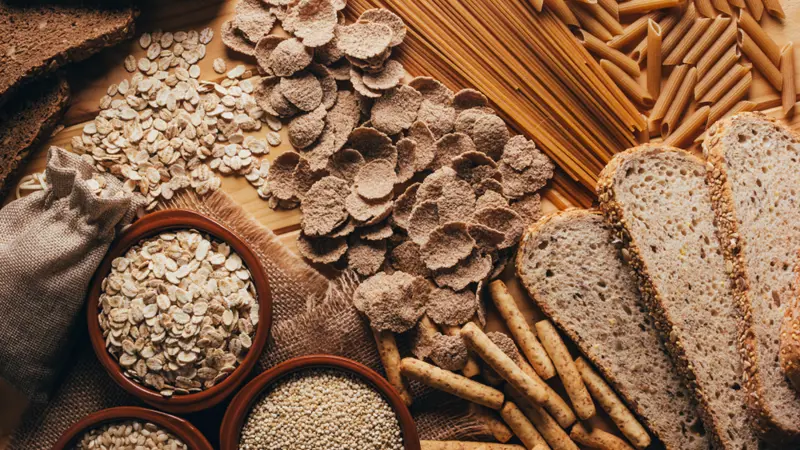If your child does not eat much meat or you choose to give your child a vegetarian or vegan diet, it is important to make sure that the diet is varied so that they get all the nutrients for growth and general health.
- Energy - particularly for children on a vegan diet, foods that are nutrient dense may be needed to give them enough energy, protein, vitamins and minerals. You could try avocados, tofu, bananas and nut and seed butters (such as tahini and cashew or peanut butter). For extra energy, you could add vegetable oils or vegan fat spreads to foods.
- Protein - good choices of protein include lentils, beans, soya and soya products, milk, cheese, nuts and eggs and they will need 2 to 3 portions of these a day.
- Iron - meat is a good provider of easily absorbable iron so you will need to offer alternative sources to ensure your growing child gets enough. Foods that provide iron include wholegrain cereals, dark green leafy vegetables, beans, lentils, bread, fortified breakfast cereals, dried apricots and figs. Remember vitamin C helps our body to absorb iron from non-meat sources so try to include fruit and vegetables at every meal time.
- Calcium - be particularly careful that vegan children get enough calcium to support their growing bones and teeth. Milk, cheese, yogurt, tofu, and some dark green leafy vegetables such as kale all provide calcium. Fortified soya drinks, as well as other dairy alternatives, often have added calcium but remember to check the label.
- Vitamin B12 - vitamin B12 is typically found in products from animal sources. Milk and eggs are important sources of vitamin B12 for vegetarians. For vegans, who cut out animal products, useful dietary sources include fortified foods such as some fortified breakfast cereals and yeast extracts and you could also consider offering an age appropriate supplement containing vitamin b12.
For more information on this topic read our page on healthy eating for vegetarians and vegans.















